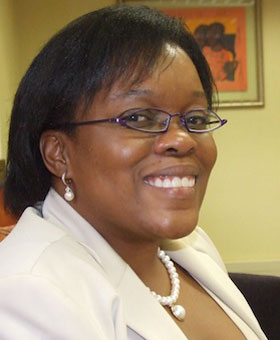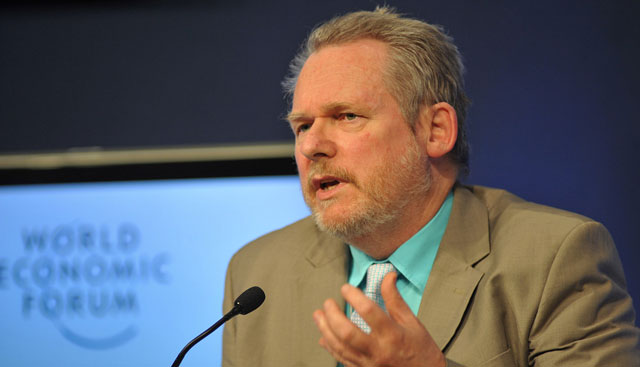
The department of trade & industry violated the operational independence of the head of the National Consumer Commission, public protector Thuli Madonsela said on Wednesday.
“The signed shareholder compact between the commission and the department indicates that the commissioner should have sufficient freedom to manage the affairs of the commission,” Madonsela told reporters in Pretoria.
“My impression of the relationship between the parties was one of an over-protective parent not willing to allow an 18-year-old child to stand on his/her own feet.”
Madonsela’s office probed claims by former commission head Mamodupi Mohlala-Mulaudzi that the department and its director-general Lionel October had interfered in the human resources and financial management of the commission.
Mohlala-Mulaudzi complained that October had violated her operational independence and that she was subjected to harassment through multiple investigations.
October had violated the commission’s operational independence when he transferred staff moved to the commission back to the department without consulting Mohlala-Mulaudzi. He did this after receiving complaints by commission staff about working conditions.
This was despite minister Rob Davies delegating all human resources functions to the commissioner on 18 April 2011.
“My finding is that the director-general of the department of trade & industry … had multiple direct interactions with National Consumer Commission staff and eventually authorised the withdrawal of some staff arbitrarily without the commissioner’s knowledge or approval, causing major operational disruptions,” Madonsela said.
“The conduct of the department constitutes a violation of the commissioner’s operational independence, an unfair labour practice, an act of abuse of power and maladministration.”
When it came to the financial management of the consumer commission, October had the authority to withhold the transfer of funds until the commission had met the financial conditions of trade & industry. However, the way in which the authority was exercised did not meet the test of good administration.
“Although lawful, trade & industry’s conduct was unfair, unreasonable and constitutes maladministration,” Madonsela said.
At the time, the commission was also subjected to multiple enquiries and audit investigations. Mohlala-Mulaudzi complained that this was harassment.
Madonsela said that although there was nothing wrong with auditing, the pressure placed on commissioner amounted to an abuse of power.

“In this regard I specifically find that it was improper for the dti not to provide the commission with resources for the purchasing of financial systems and advertising of the post of chief financial officer,” said Madonsela.
This conduct by trade & industry was improper and also an abuse of power.
Madonsela found that no performance agreement between Davies and Mohlala-Mulaudzi was signed.
Though the protector found the department to be guilty of some misconduct, there were also counter complaints made by October against Mohlala-Mulaudzi. October claimed the commission lacked financial management systems.
Madonsela agreed the commission had failed to introduce financial systems until a late stage of the financial year, but said trade & industry was partly responsible for its lateness in providing resources for purchasing the systems.
“The auditor-general found mistakes in financial reporting and that the audit committee was only appointed three months before the end of the first financial year,” she said.
Mohlala-Mulaudzi was also accused of irregular procurement of offices. Madonsela said her office was busy with a separate investigation into this.
The former commissioner was also found guilty of improper conduct and maladministration for failing to enter into performance agreements with her staff.
Madonsela said she had instructed Davies to take urgent steps to ensure there was a clear definition of the relationship between the director-general, the commission head and the minister. The commissioner’s role as an accounting authority and the human resource management processes also needed to be clarified.
“There are no heroes [here] because basically nobody decided to be the bigger person, so to speak,” Madonsela said. “In the end, an institution became dysfunctional.” — Sapa




